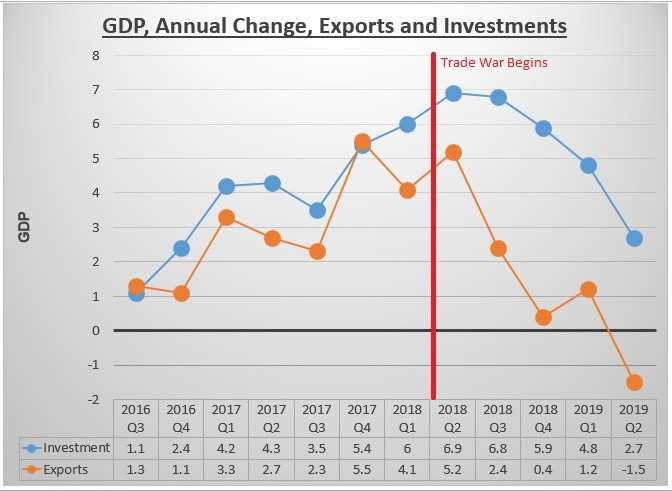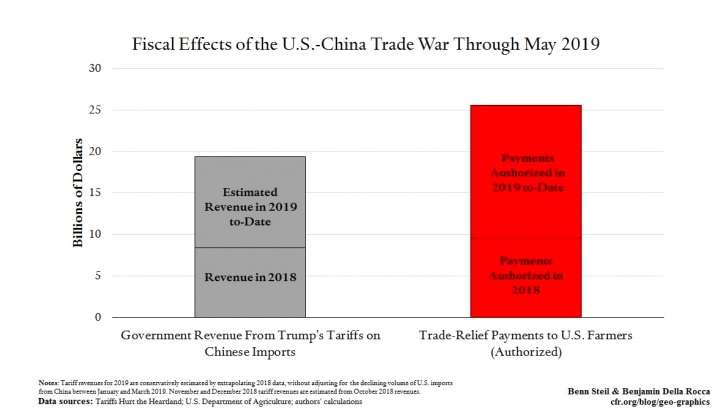When Florida started experimenting with sales tax holidays in the late 1990s and early 2000s, something interesting happened. According to a paper by four economists at the University of West Florida, some businesses actually increased their prices during the holidays, thus likely capturing a portion of the savings that the policy was supposed to create for consumers.
That’s just one of the many potential downsides that these tax-free weekends have: They’re gimmicky ways for states to dodge the tough work of making their regular taxes less harmful, and they don’t deliver many benefits for consumers. It’s always nice to be able to pay a little bit less taxes, of course, but research shows that the bulk of sales tax holidays’ benefits don’t go to the people most hurt by sales taxes, that they often impose higher compliance costs on small businesses, and that they distract states from more substantive reforms of their burdensome tax codes.
Numerous states will have sales tax holidays this month. Most will primarily exclude common back-to-school purchases, such as backpacks and school supplies, while some states have more expansive exemptions.
These weekends are supposed to help working-class families afford basic necessities and increase consumer spending. But creating a holiday in which the government doesn’t collect sales taxes for a couple days doesn’t benefit lower-income people as much as just slightly reducing the sales tax rate year-round would.
Why? Because people living paycheck-to-paycheck can’t afford to time their purchases to take advantage of the holiday. A 2010 study from the Federal Reserve Bank of Chicago found that households with more than $70,000 in annual income benefit the most, thanks to their greater ability to time their purchases.
Nor do sales tax holidays help increase consumer spending by much—they mostly just lead consumers to time their spending differently. And consumers don’t get all of the benefits of the sales tax holiday. With higher demand on sales tax holiday weekends, retailers sometimes raise prices.
Some businesses don’t see the benefits of sales tax holidays either—so much that they sometimes opt out of the holiday altogether. Participating businesses have to adjust their cash registers to take into account the temporary change in sales taxes. This is easy for big businesses and department stores, but for a small business those compliance costs are much more burdensome. In a survey of independent retailers in Massachusetts, one small businessman said that the state’s sales tax holiday “has created more problems than benefits.”
“If you need to give people a holiday from your sales tax to keep them shopping in your state,” says Janelle Cammenga, state policy analyst at the Tax Foundation and author of a new study of sales tax holidays, “then your tax code probably isn’t that competitive to begin with.”
And then there are the often arbitrary boundaries between which consumer goods get a tax holiday and which don’t. Consider those exemptions for school supplies: Some states exempt backpacks but not messenger bags.
In 2013, North Carolina eliminated its sales tax holiday and used the revenue it gained to help lower tax rates across the board. Other states should follow its lead: Instead of gimmicks like sales tax holidays, make real reforms to their tax codes.
from Latest – Reason.com https://ift.tt/2OCB4Bo
via IFTTT



